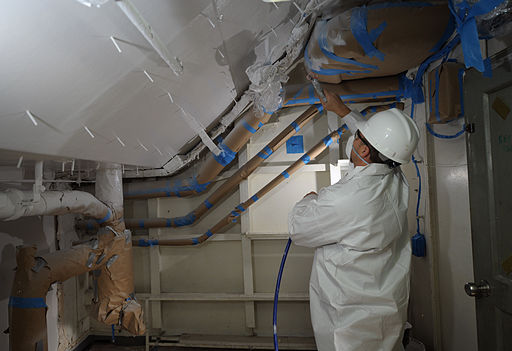Why Use Licensed Contractors and Not to Just DIY?
Why should you spend money on a licensed contractor when you can figure out how to do a job and do it yourself? If you’re smart, you will know the difference between viable DIY jobs and those you should leave to professional contractors.
Doable DIY Jobs
Some jobs are obviously doable. You can paint a room, for example, or change a washer. If you have some carpentry skills and a few tools, you can even do some minor remodeling jobs. With a little effort, you can probably pour some concrete or build a small retaining wall for your garden. There are dozens of doable DIY jobs, but where do you draw the line?
When You Need a Licensed Contractor
Alex is one of the advisors at License Trades and it was nice to talk with him regarding “why we need licensed contractor”. Building regulations vary from state to state and even county to county, but they all have a few things in common. Regulations are put in place to:
- Protect public safety;
- Insure work is completed to a minimum standard; and
- Protect consumers against shoddy workmanship.
You’re probably in college because you want to obtain the necessary skills to practice a profession. Without those skills, you cannot go on to become a teacher, an architect, a lawyer or whatever profession you wish to enter. Similarly, laws are in place to prevent individuals or businesses to perform work they are not qualified or experienced enough to do.
Before anyone can obtain a trade license, they have to prove their ability in a number of ways. Some formal training may be required, but at the very least, they will have to work under the supervision of a licensed contractor for a number of years before a prospective contractor can apply for a license. When they do apply, they will have to pass an examination, provide the licensing board with references and prove they have enough finances to set up and run their business. They will also have to obtain insurance and renew their license periodically.
You wouldn’t go to a doctor or dentist who wasn’t legally qualified to do their job. Think about that the next time you are tempted to take on a DIY job that requires the skills of a licensed contractor. If a carpentry job requires structural modifications, don’t attempt it. If a plumbing job is more technical than replacing a washer, hire a plumber. Never take on electrical or gas installation jobs yourself if they go beyond plugging in or hooking up an appliance. It’s just not worth the risk.



